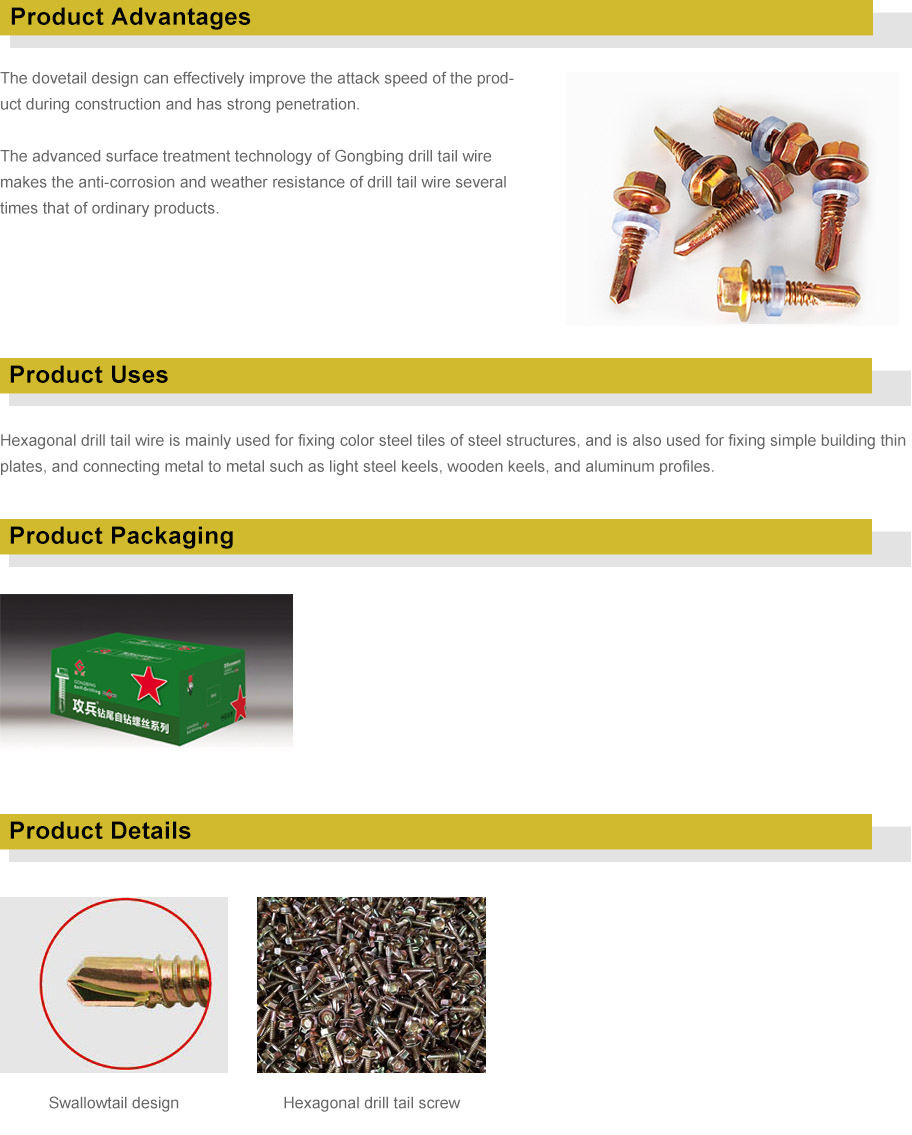Wedge Bolts for Concrete Applications and Installation Guides for Enhanced Stability
Understanding Wedge Bolts for Concrete An Essential Component for Construction
When it comes to construction and structural integrity, the choice of fasteners plays a crucial role. One commonly used fastener is the wedge bolt, especially designed for concrete applications. Wedge bolts are a type of anchor bolt that offers superior grip and stability, making them ideal for securing various structures to concrete surfaces. This article explores the features, applications, and installation process of wedge bolts, highlighting their importance in modern construction practices.
What are Wedge Bolts?
Wedge bolts are specialized fastening devices designed to anchor objects securely to solid materials, most notably concrete. Unlike standard bolts, which rely on shear strength alone, wedge bolts utilize a unique design that provides a mechanical interlocking mechanism when they are installed. This is achieved through a wedge-shaped component that expands within the concrete upon tightening, creating an extremely strong hold.
Typical wedge bolts consist of four main parts 1. Head The upper part that remains exposed after installation and is typically hexagonal or round. 2. Shaft The long section that is embedded in the concrete. 3. Wedge A tapered piece that is often found at the lower end of the bolt. When the bolt is tightened, this wedge expands, securing the bolt in place. 4. Nut and Washer These components are used to provide the necessary tension and distribute the load properly.
Advantages of Wedge Bolts
One of the significant advantages of using wedge bolts is their ability to provide a high holding strength in concrete, enabling them to withstand tensile and shear forces effectively. The expansion mechanism ensures that even under dynamic loads, such as vibrations from machinery or seismic forces, the wedge bolt remains firmly anchored.
Another benefit is the ease of installation. Wedge bolts can be installed quickly using standard tools, which reduces labor costs and project timelines. Additionally, there are various sizes and lengths available, allowing for flexibility depending on the specific requirements of a project.
Wedge bolts are also resistant to corrosion, particularly when coated with materials such as zinc or epoxy. This makes them suitable for outdoor applications or environments exposed to moisture, ensuring long-term reliability without the risk of weakening over time.
Applications
Wedge bolts are extensively used in numerous construction applications. Some typical uses include
1. Structural Support In commercial and residential buildings, wedge bolts are used to secure beams, columns, and other structural components to concrete foundations.
wedge bolts for concrete

3. Solar Panel Installation Wedge bolts are increasingly used in the mounting systems for solar panels, providing a robust and reliable attachment to concrete rooftops or carports.
4. Safety Barriers and Fencing These bolts are often employed to secure safety barriers and fencing, ensuring they remain firm even under pressure or impact.
Installation Process
The installation of wedge bolts involves several key steps
1. Drilling the Hole A hole must first be drilled into the concrete with appropriate size and depth using a hammer drill and masonry bit, adhering to the manufacturer's specifications.
2. Cleaning the Hole After drilling, the hole should be cleaned of dust and debris to ensure optimal contact between the bolt and concrete.
3. Inserting the Bolt The wedge bolt is then inserted into the hole, ensuring that it is positioned correctly based on the specific application requirements.
4. Tightening Finally, the bolt is tightened using a wrench, which causes the wedge to expand and grip the sides of the hole, securing it in place.
Conclusion
In conclusion, wedge bolts are indispensable in modern construction methodologies. Their unique design, combined with their high strength and versatile applications, makes them the go-to choice for securing various structures and equipment to concrete surfaces. Understanding the features and proper installation techniques of wedge bolts can significantly enhance the durability and safety of construction projects. As the construction industry continues to evolve, the importance of reliable fastening solutions like wedge bolts cannot be overstated.
-
Weatherproof Plastic Expansion Anchors for OutdoorNewsJun.06,2025
-
Sustainability in the Supply Chain: Eco-Friendly TEK Screws ProductionNewsJun.06,2025
-
Load-Bearing Capacity of External Insulation FixingsNewsJun.06,2025
-
Double Head Bolts: Enhancing Efficiency in Industrial MachineryNewsJun.06,2025
-
Corrosion Resistance in Chipboard Screws: Coatings for Wholesale DurabilityNewsJun.06,2025
-
Butterfly Toggle Bolts : Enhancing Structural ResilienceNewsJun.06,2025
